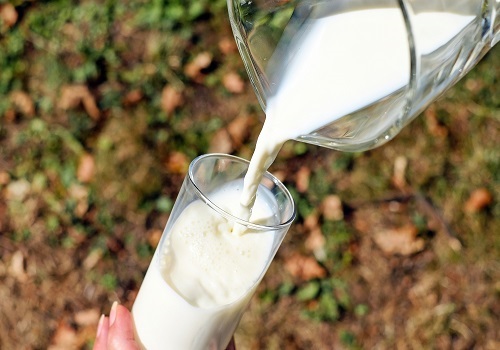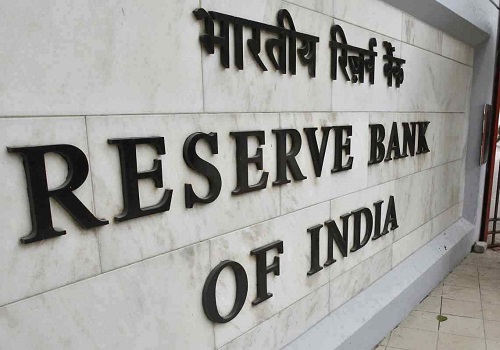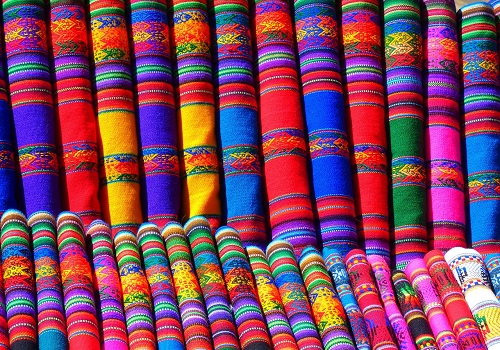Integrated Veterinary Health Certificate necessary for import of milk, milk products into India: FSSAI

With an aim to ensure food safety standards, the Food Safety and Standards Authority of India (FSSAI) has mandated the requirement of an Integrated Veterinary Health Certificate for the import of milk and milk products into India. This directive, aimed at ensuring food safety standards, comes as part of a series of measures to regulate the importation of food items. The requirement was initially notified by the FSSAI through an order. However, the implementation date was subsequently extended until further notice. Following consultations with stakeholders and in collaboration with the Department of Animal Husbandry and Dairying (DAHD), the FSSAI notified the Integrated Veterinary Health Certificate for milk and milk products imports into India.
This certificate, outlined in DAHD dated March 31, 2023, consolidates both the food safety requirements of the FSSAI and the sanitary requirements of the DAHD. To facilitate trade and address concerns raised by trading partners, the DAHD, dated January 3, extended the transition period for implementing the integrated veterinary health certificate requirement. This extension allows for more time for stakeholders to comply with the new regulations. The transition/migration period has been extended until June 30.
Imported consignments of milk and milk products with bill of landing or date of issuance of the Veterinary Health Certificate (VHC) from exporting countries after June 30, will be subject to the integrated veterinary health certificate requirement for post-import clearance in India. The implementation of the Integrated Veterinary Health Certificate underscores India’s commitment to ensuring the safety and quality of imported food items, particularly milk and milk products. By integrating food safety and sanitary requirements into a single document, the new certificate aims to streamline import procedures while upholding stringent standards for food safety and animal health.
























